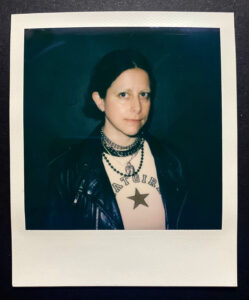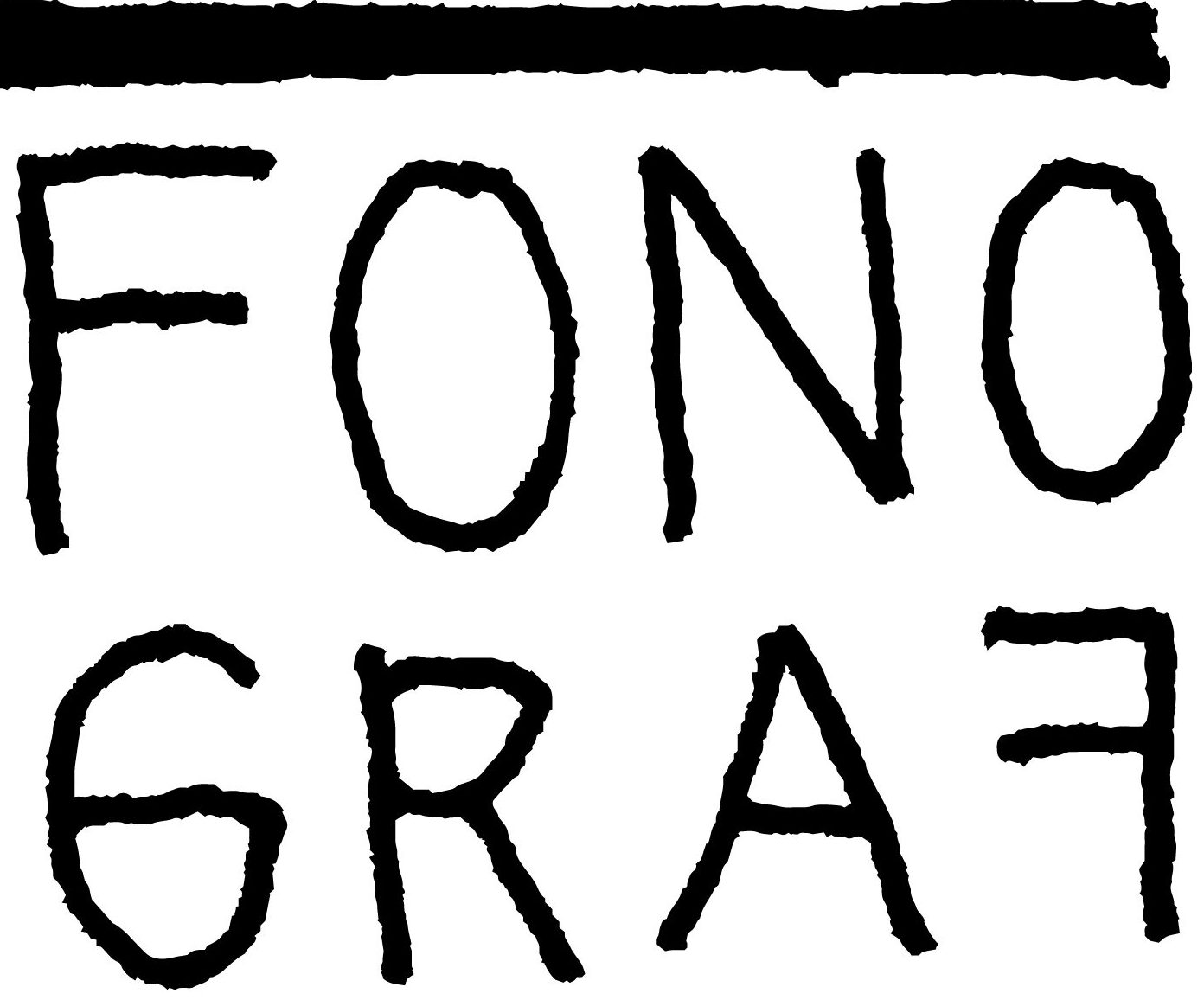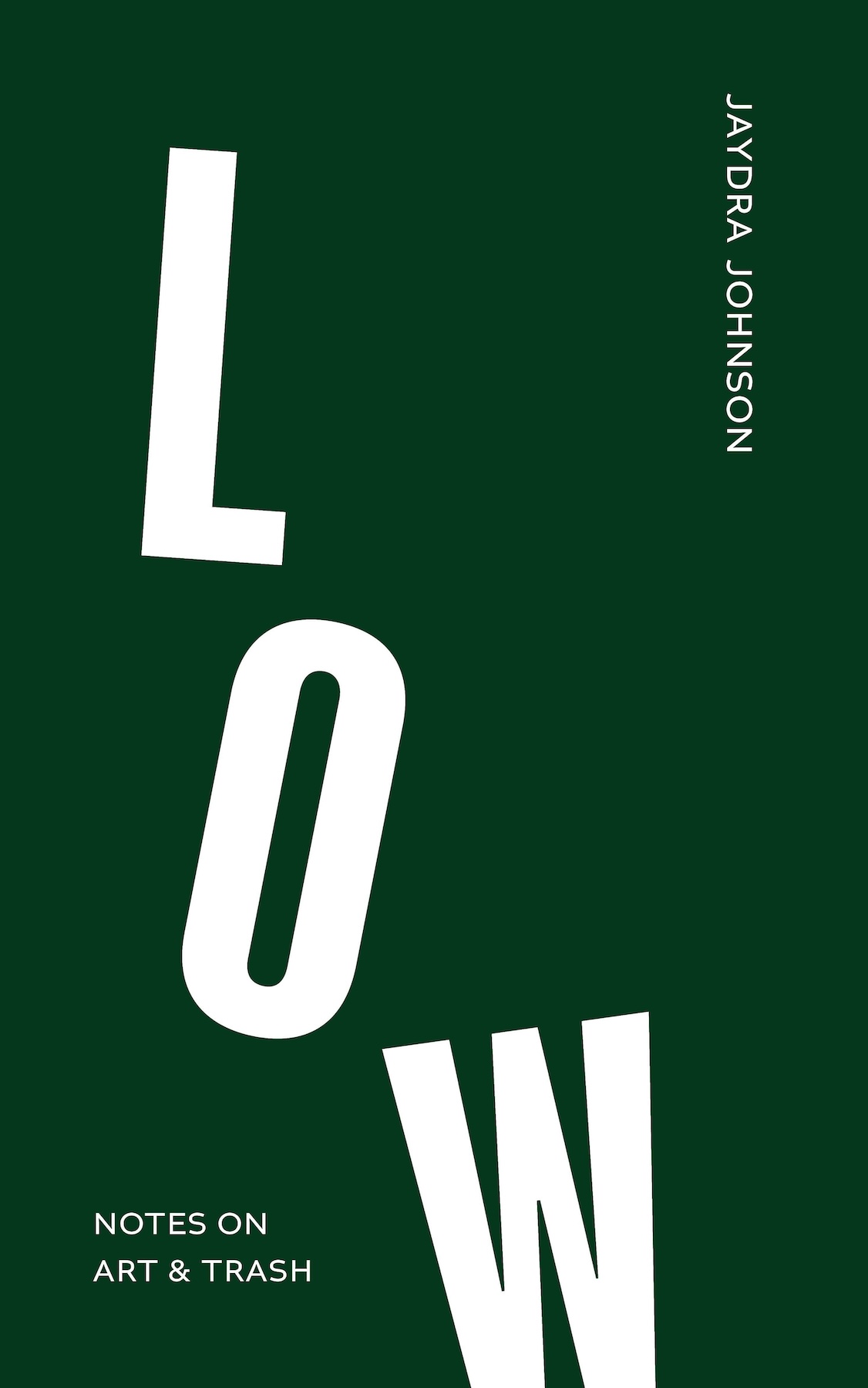FONO33 // Jaydra Johnson — LOW: Notes on Art and Trash (print; book)
$17.95
Release Date: November 5th, 2024
Description
Raised in a rural Oregon town plagued by poverty, the artist and writer Jaydra Johnson excelled in school and chased upward mobility, desperate to escape the adversity that she saw as her inheritance—and the certainty that she grew up as trash. Johnson’s powerful memoir, Low—selected by acclaimed writer Maggie Nelson as the winner of Fonograf Editions’ inaugural essay collection contest—tells the redemptive story of an artist who came to embrace her lineage. In the tradition of other outcast artists who have spun refuse into art, the essays in Low reclaim trash as a precious resource and a medium for storytelling.
In this bracing debut, Johnson describes her life and art, including the cut paper collages that punctuate these essays, in vivid detail while offering smart and visceral reflections on a wide range of literary and visual artists who have inspired her, from Shakespeare to contemporary conceptual artist Mierle Laderman Ukeles. As Maggie Nelson writes, “Low’s provocations and attestations stayed with me long after I turned its final page. I found myself rooting hard for its narrator—while also realizing that there is no need, as she has clearly found her way, and is now our teacher.”
An indispensable meditation on poverty and art, and a compelling corrective to conventional memoirs about overcoming disadvantage, Low announces the arrival of an important new voice in creative nonfiction.
Support for the publication of LOW: Notes on Art and Trash was generously provided by the Regional Arts and Culture Council (RACC).
E-book available here.
About the Author
 Jaydra Johnson (b. 1988 Springfield, Oregon) is a writer, visual artist, and educator who splits her time between Portland, OR and NYC. Her writing has appeared in Oxford American, Epoch Review, Guernica, and Sedition magazines, among others, and she has shown her visual work in NYC, LA, Portland, and Columbus, OH. At Hunter College, she co-edited the journal Solar while earning her MFA in Creative Writing. She was also a grateful recipient of the 2022-23 Creatives Rebuild New York grant. Johnson is the author of Refuse Report, a bi-monthly newsletter exploring the tension between high and low art, currently hosted on Substack. You can find more of her work (or get in touch <3) at www.jaydrajohnson.com and on Instagram @jaydranicole.
Jaydra Johnson (b. 1988 Springfield, Oregon) is a writer, visual artist, and educator who splits her time between Portland, OR and NYC. Her writing has appeared in Oxford American, Epoch Review, Guernica, and Sedition magazines, among others, and she has shown her visual work in NYC, LA, Portland, and Columbus, OH. At Hunter College, she co-edited the journal Solar while earning her MFA in Creative Writing. She was also a grateful recipient of the 2022-23 Creatives Rebuild New York grant. Johnson is the author of Refuse Report, a bi-monthly newsletter exploring the tension between high and low art, currently hosted on Substack. You can find more of her work (or get in touch <3) at www.jaydrajohnson.com and on Instagram @jaydranicole.
Praise
Jaydra Johnson’s Low: Notes on Art and Trash is part instruction manual, part genealogy, part art criticism, and part memoir – all of it pulsing with urgency and necessity. It’s written in wry, straight-ahead prose that hits no false notes, and feels honest and earned at every juncture.
Johnson has a real gift for metabolizing and conveying the importance of everything from Othello to performance art. She moves fluently between such analyses and her own vivid, expertly-rendered memories of growing up “trash.” She structures her prose artfully (using a “sonnet crown” motif here, different forms of address there), but always with a light touch, such that her experiments feel vital, buoyant, and without pretension. I especially admire how she leaps over stale binaries about elitism vs. outsider status in art, and claims a place for her artistry (and that of others) fiercely and tenderly on every page.
Despite traveling under the humble (if noble) tradition of “notes,” Low’s provocations and attestations stayed with me long after I turned its final page. I found myself rooting hard for its narrator – while also realizing that there is no need, as she has clearly found her way, and is now our teacher. The sensibility and achievement of this book deserves widespread circulation and contemplation; I hope being chosen as the winner of this contest will provide such an opportunity.
–Maggie Nelson
In a series of absorbing personal-meets-political essays laced with punk ethos and open-hearted prose, Jaydra Johnson sharpens a personal, historical and literary lens on the term “white trash.” With levity, reverence, and intelligence, Jaydra insists that people perceived as occupying the bottom rung of society—starting with her own family—are rebellious, scrappy, inventive, and full of life, holding stories and skills worthy of our attention. Through this book I am further convinced by the interconnectedness of the class struggle across race and gender, and hold a more tender adoration for my own hometown’s trailer parks and gas station attendants and tanning salon patrons. Jaydra’s landscape—both writing and the collages that punctuate the text—reminds us that trash is indeed treasure, and perhaps one of our most creative mediums in an era bent on excess.
–Caits Meissner






